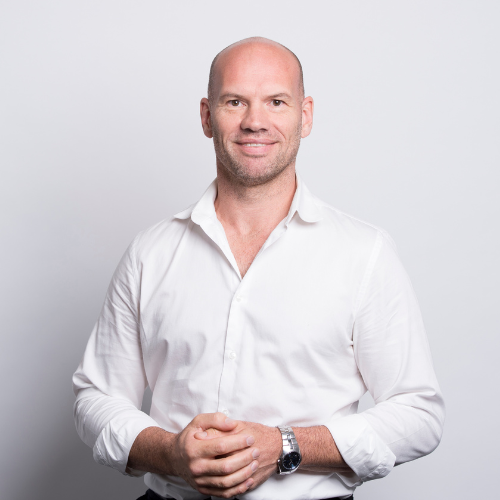Question
Is there a link between sleep apnoea and erectile dysfunction?
Answer
Erectile dysfunction is twice as likely in men who have sleep apnoea than in men who don’t, but we’re not sure why.
Sleep apnoea can happen because of two reasons: reduced breathing movements triggered by the brain (central sleep apnoea) or partial or complete blockage of the throat during sleep (obstructive sleep apnoea). Obstructive sleep apnoea is the most common type and has the greatest health impact. About half of Australian men aged 40-69 have obstructive sleep apnoea, and it is severe in about 10%.
Men with erectile dysfunction have trouble getting or keeping an erection that is hard enough for sexual intercourse. About 10% of men under 40 have erectile dysfunction, but it becomes much more common with age. More than half of men aged over 45 have erectile dysfunction, and almost every man over 85 has it.
A recent study of Chinese men with sleep apnoea (aged from 29-40 years) found that half of those with mild obstructive sleep apnoea have erectile dysfunction, but more than 80% of men with severe obstructive sleep apnoea have erectile dysfunction.
The reason for the increase in erectile dysfunction in men with obstructive isn’t well understood. There might be factors that cause both problems in some men, like obesity, alcohol use or smoking, or the consequences of sleep apnoea might affect erectile function.
There are lots of things that happen to your body when your breathing stops or slows right down during sleep, but the fall in oxygen that occurs is the most likely cause of erectile dysfunction, through effects on blood vessel function. Effects on nerves and hormones could also be responsible.
Erectile dysfunction is just one of the health problems associated with obstructive sleep apnoea in men. It also increased the risk of accidents because of sleepiness during the day; impacts concentration, memory and mood; and is associated with cardiovascular disease and diabetes.
If you have problems with your sexual function, you should see your doctor, because the cause might be a serious health issue. Similarly, if you have symptoms of sleep apnoea, like excessive daytime sleepiness or your partner notices that you stop breathing during sleep, go and see your doctor.












